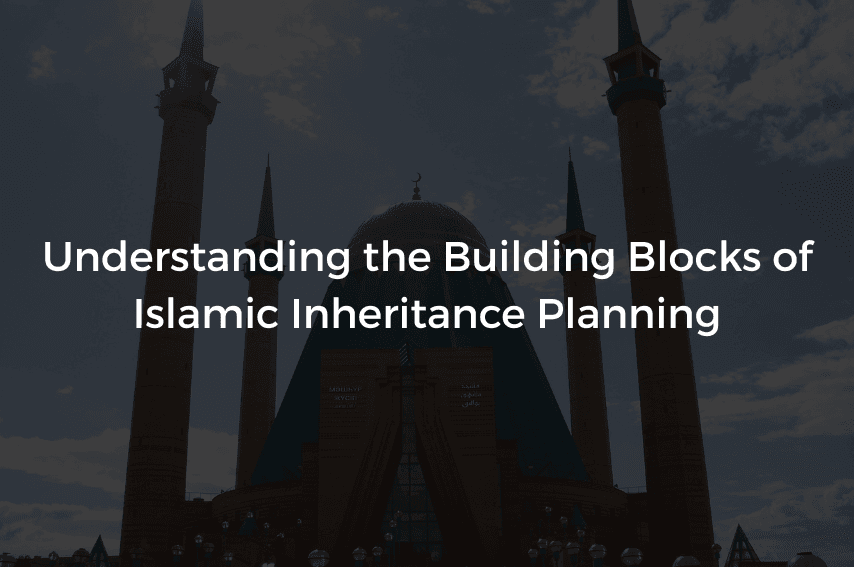Islamic inheritance planning, also known as Faraid, goes beyond simple wealth distribution—it is a spiritual obligation rooted in the Quran and Sunnah. As a vital component of Shariah-compliant estate management, Faraid ensures that a Muslim’s estate is divided fairly and precisely according to divine guidance. This form of planning not only secures the rightful shares of heirs but also upholds justice and harmony within the family. For Muslims in Malaysia, where Islamic law is recognised in personal matters, understanding the key elements of Faraid is essential for both religious fulfilment and effective estate planning.
What Is Islamic Inheritance (Faraid)?
Faraid is the Islamic system of inheritance, derived directly from the Quran and the Sunnah. It outlines fixed, mandatory shares for specific heirs such as the spouse, children, and parents, ensuring a just and balanced distribution of wealth after death. These shares are non-negotiable and must be followed unless assets are distributed during one’s lifetime through hibah (gifting) or partially allocated via a wasiat (Islamic will), which is limited to one-third of the estate. In Malaysia, Faraid is legally enforced for Muslims under Syariah law, with civil courts recognising and facilitating the distribution of estates according to Islamic principles.

Key Components of Islamic Inheritance Planning
Islamic inheritance planning involves several essential tools to ensure wealth is distributed in line with Shariah while addressing practical family needs. The foundation is Faraid, which mandates specific shares for eligible heirs. Complementing this is the wasiat (Islamic will), which permits up to one-third of the estate to be allocated to non-Faraid beneficiaries or charitable causes. Hibah allows Muslims to gift assets during their lifetime, bypassing Faraid rules. Takaful, a Shariah-compliant insurance product, offers financial protection by providing liquidity to cover estate expenses or support dependents. Additionally, amanah (trusts) are used to manage assets for minors, dependents with special needs, or for long-term wealth preservation. Together, these instruments create a holistic and compliant estate plan for Muslims in Malaysia.

Why Planning Ahead Is Crucial for Muslim Families
Proactive Islamic inheritance planning is essential to ensure a smooth and Shariah-compliant transfer of wealth. Without proper planning, families may face disputes, delays, or frozen assets due to unclear documentation or legal challenges. Faraid only applies to assets solely owned by the deceased, making it critical to clearly identify ownership and ensure sufficient liquidity to cover obligations and distribution. Planning ahead also helps provide for special dependents, fulfil charitable intentions, and avoid complications related to intestacy. For Muslims in Malaysia, aligning estate plans with both Islamic principles and civil law ensures peace of mind and protects loved ones from unnecessary hardship.

Conclusion
Islamic inheritance planning is both a religious duty and a vital step in securing your family’s future. For Muslims in Malaysia, understanding the Faraid system and effectively using tools like wasiat, hibah, takaful, and amanah ensures a fair, efficient, and Shariah-compliant distribution of wealth. It helps prevent disputes, supports vulnerable dependents, and ensures your legacy aligns with both Islamic values and local legal requirements.
Need guidance on Islamic inheritance planning? Sim & Rahman can help you structure your estate according to Syariah principles and Malaysian law. Talk to us today for expert, personalised assistance.




